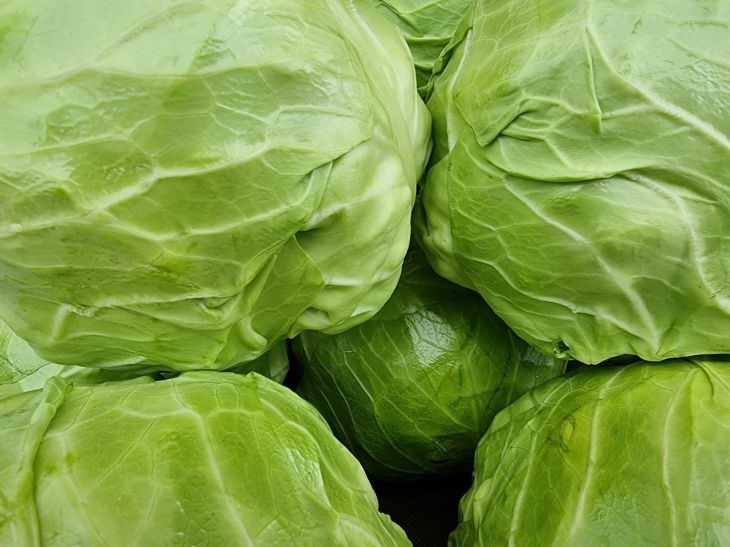How to Prevent Cabbage Heads from Cracking: What to Do If This Happens
Cabbage is a healthy and tasty vegetable that you can grow in your own garden.
But sometimes cabbage can run into a problem: the heads start to crack and rot.
This can lead to crop loss or a decrease in its quality. Today you will learn why this happens and how to avoid it, says Anastasia Kovrizhnykh.
Causes of Cabbage Head Cracking
There are several reasons why cabbage heads may crack and rot. Here are some of them:
Uneven watering
This is one of the most common reasons for cabbage heads to crack. When cabbage does not have enough moisture or too much, the heads may grow unevenly and crack.

To avoid this, you need to water the cabbage regularly and moderately, especially in hot and dry weather.
Excess nitrogen
Nitrogen is an important nutrient for plants, but too much can be harmful.
If you over-fertilize your cabbage with nitrogen fertilizers, the heads may grow too quickly and crack. To avoid this, you need to follow the recommended dose of nitrogen fertilizers and not use them in the second half of the cabbage growing season.
Wrong variety
Not all cabbage varieties are equally resistant to head splitting. Some varieties have denser, harder heads that split easily when conditions change.
To avoid this, you need to choose cabbage varieties that have softer and more elastic heads, for example, Agressor, Megaton, Slava or Snezhana.
What to do if cabbage heads have cracked
If you notice that your cabbage heads have started to crack, don't despair. There are several ways to save the harvest. Here are some of them:
Cut off the heads of cabbage
If the cabbage heads are slightly cracked, you can cut them off and use them for food or prepare them for the winter.
Cracked heads of cabbage should not be left in the garden, as they can attract pests and diseases that can damage the rest of the cabbage.
Turn the heads of cabbage
If your cabbage heads are very cracked, you can try turning them 90 degrees to stop them from growing and cracking.
To do this, you need to carefully lift the head of cabbage and slightly rotate it around its axis without damaging the roots. This will help reduce the tension in the head of cabbage and slow down its growth.
Previously we talked abouthow and when to replant aloe.
